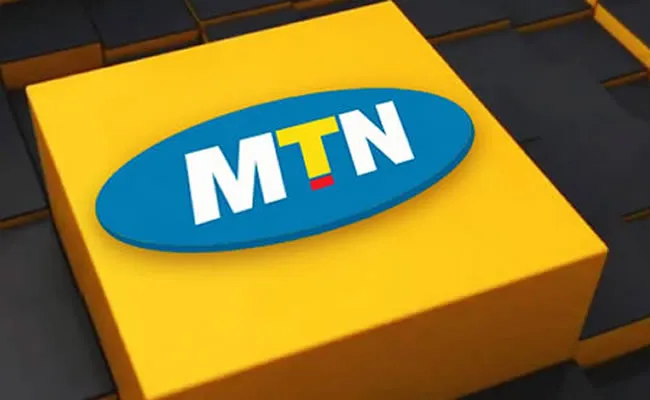MTN Group has pledged its support for Nigeria’s drive to develop datasets of African languages, a move seen as critical to building large language models (LLMs) that can serve the continent’s 1.5 billion people.
The commitment came during “The Y’ello Chair Vodcast: Your link to the African continent”, where Nigeria’s Minister of Communications, Innovation and Digital Economy, Dr Bosun Tijani, called for urgent collaboration between government, academia, and the private sector to fund research into Africa’s diverse languages.
Tijani specifically challenged MTN Group, which operates in 16 markets, 15 of them in Africa, to mobilise resources for the initiative.
“We like these kinds of partnerships. Challenge accepted,” MTN Group President and CEO Ralph Mupita said in response.
The vodcast, hosted by Angela Wamola of the GSMA mobile industry association, was filmed on the sidelines of the 80th United Nations General Assembly in New York.
Mupita stressed that Africa must avoid becoming a “digital underclass” by ensuring its citizens are represented in AI development. He noted that embracing technology should enhance human dignity by creating inclusion and opportunity.
“The outcomes we want are that people are digitally included, economically included and that they have dignity.
This dignity point for me is very important because poverty can include all sorts of indignity, but embracing technology should take all that away,” he said.
Industry observers say MTN’s backing could accelerate the development of homegrown AI solutions tailored to African contexts, positioning the continent as not just a consumer of AI technologies but also a contributor to the global ecosystem.
The discussion followed Nigeria’s launch of the Nigerian Atlas for Languages & AI at Scale (N-ATLAS), an open-source multilingual LLM developed in partnership with Awarri Technologies.
The N-ATLAS is a multilingual, multimodal, open-source large language model (LLM) designed to map and digitize Nigeria’s rich linguistic heritage while building datasets to power inclusive AI solutions.
Designed to digitise and preserve Nigeria’s more than 500 languages, N-ATLAS provides datasets that can underpin AI-driven solutions across education, health, commerce, and governance.
Importantly, the ATLAS framework is open to other African countries, offering a regional platform for innovation in local languages. With more than 2,000 languages spoken across the continent, most of which are underrepresented in global AI models, the project is seen as a step toward ensuring Africa’s digital sovereignty.
According to Minister Tijani, by digitizing Nigeria’s rich linguistic diversity, the project places African voices at the heart of the global AI revolution.
Tijani described N-ATLAS as more than a language model, calling it a national commitment to unity, inclusion, and global contribution.





